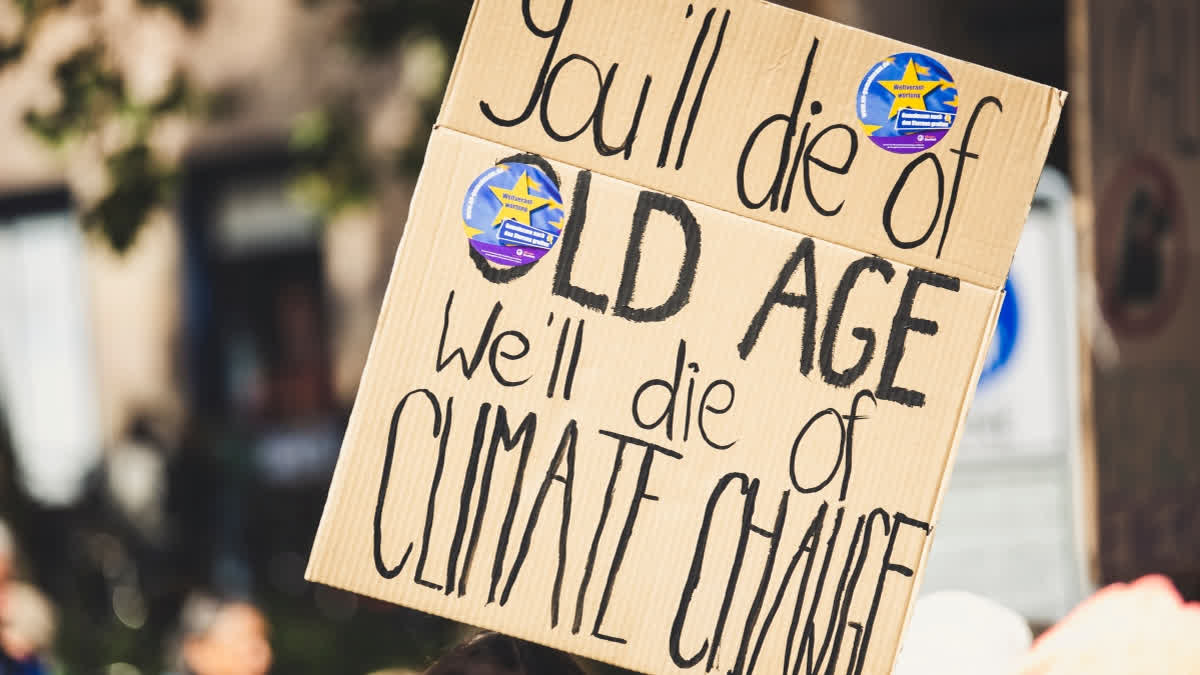London: Millennials and generation Z (Gen-Z) experience greater levels of fear, guilt and outrage about the impacts of climate change compared to older Gen-X, baby boomer and post-war groups, new research suggests. Millennials are those born between 1981 and 1996, whereas generation Z were born between 1995 and 2012. Baby boomers were born between 1946 and 1964. They're currently between 57-75 years old.
The study found that younger age groups worry more about climate change, demonstrating a stronger emotional engagement with the topic than older age groups. It also found that despite the significant differences in climate-related emotions between generations, understandings and perceived impacts of climate change were more comparable.
"It is widely believed that younger generations are more engaged with climate change than older generations, but that has never been studied systematically," said lead author Professor Wouter Poortinga of Cardiff University in the UK. "In our study, we found an overall pattern of higher levels of climate-related beliefs, risks perceptions and emotions among younger generation groups.
"However, the gap between generations about climate change is mainly in their emotional responses to climate change, rather than in beliefs about climate change. For example, there are no generational differences in beliefs in the causes and impacts of climate change, although older age groups are more likely to think that we are already feeling the effects of climate change," Poortinga said. The research team said the different emotional responses to climate change may be one of the reasons why younger generations demonstrate higher levels of activism and engagement with the issue.
Also read: Explained:How climate change is disrupting animal communication
The study used data from Centre for Climate Change and Social Transformations (CAST) nationally representative surveys, conducted in 2020, 2021 and 2022. These annual surveys provide insights into public perceptions of climate change, asking around 1,000 respondents from across the UK.
"While there is widespread awareness of climate change across all generations, younger generations feel much more threatened by it and have stronger emotional reactions. That is not completely surprising, given that younger generations will feel the brunt of the impacts of climate change, more so than older generations," said Professor Poortinga.
The team suggested that negative emotions can take a heavy toll on the younger generations' wellbeing, although they can also be an important driver of climate action. "We however have to be careful not to put the onus on younger generations to solve climate change. Older generations have a responsibility to take action now to mitigate climate change for future generations," added Professor Poortinga. (IANS)
(This story has not been edited by ETV Bharat and is auto-generated from a syndicated feed.)



